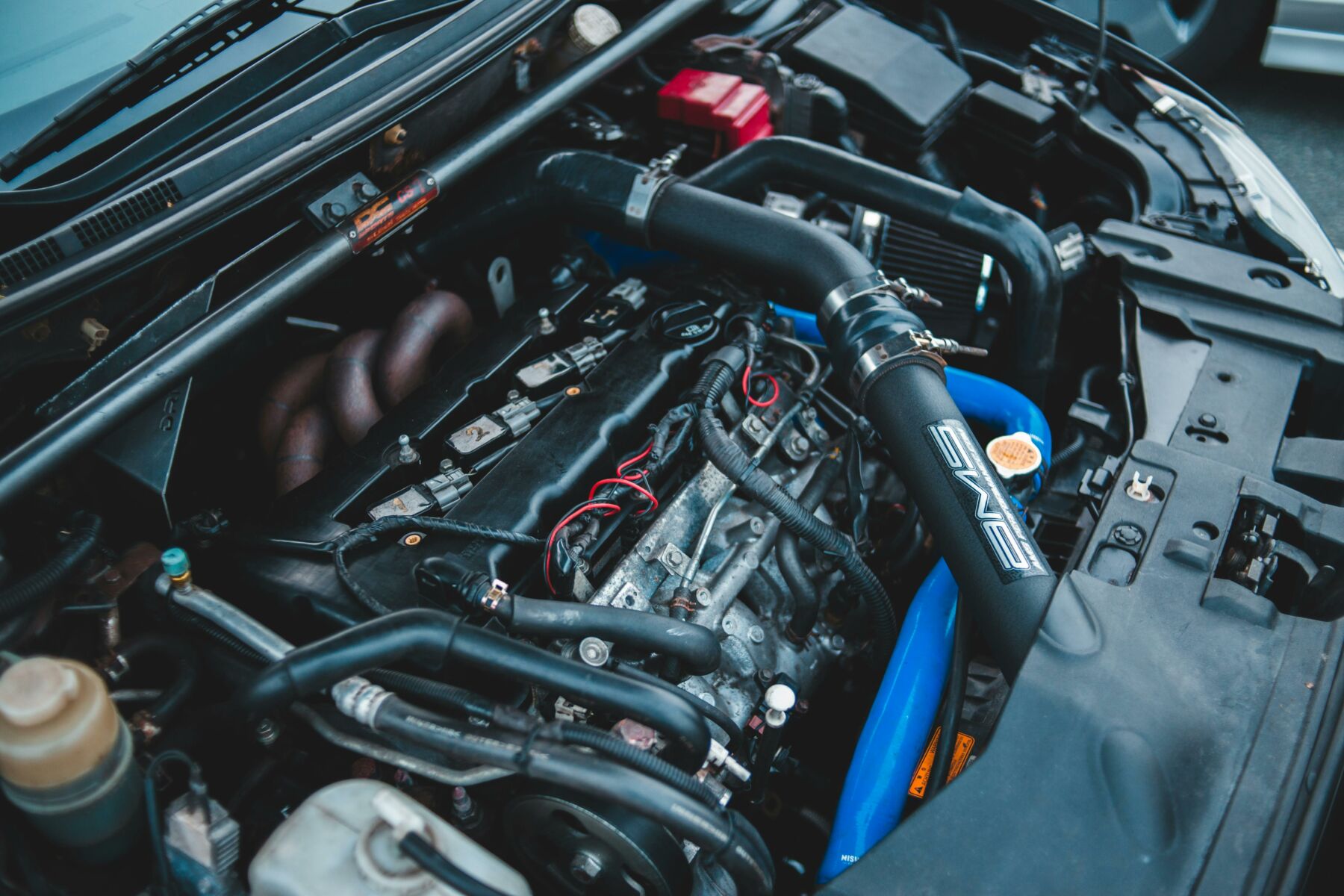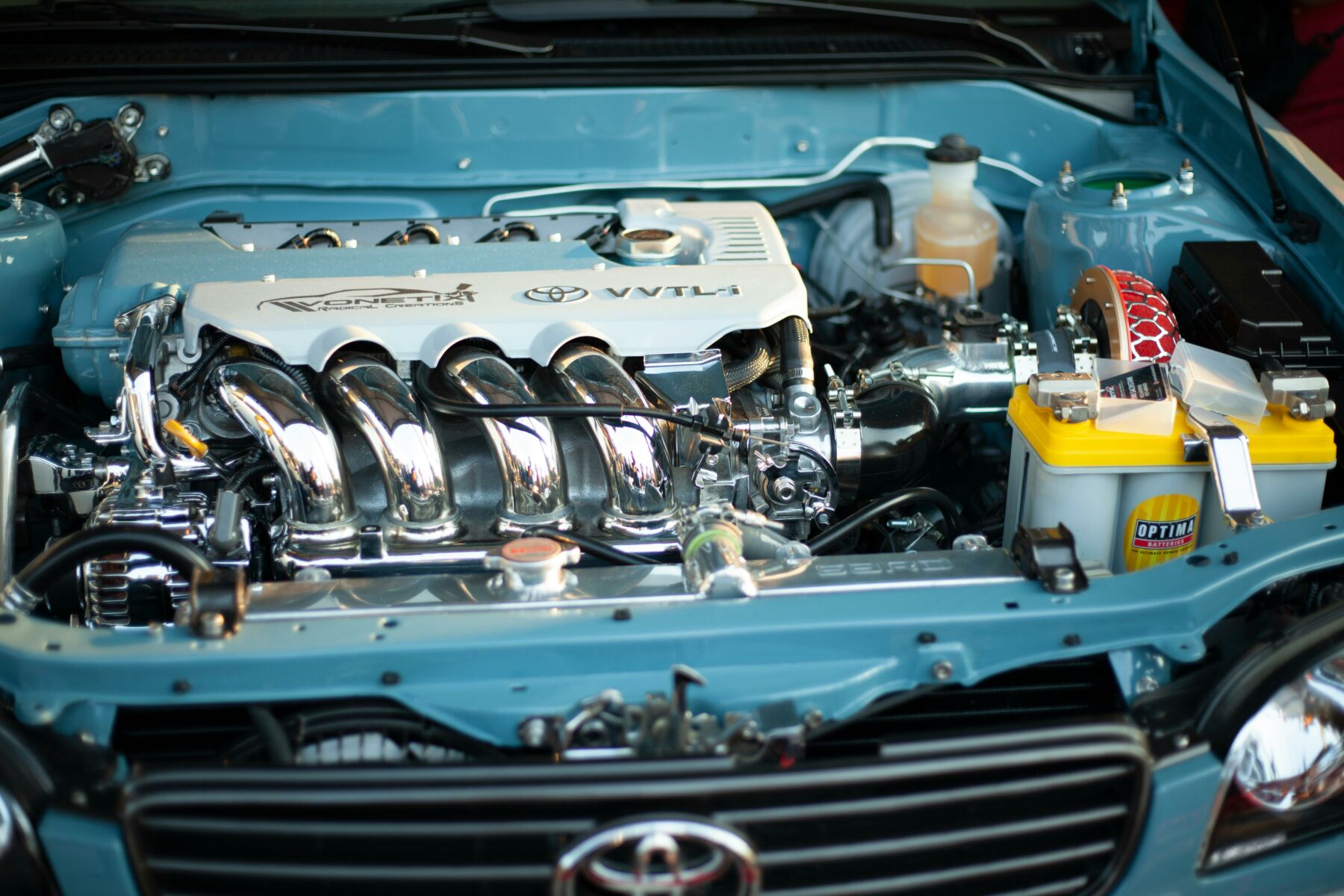How weather can affect your car battery

Have you ever wondered why your automobile has difficulty initiating on frigid winter mornings? If you are reluctant in the cold, it’s not just you. Your vehicle’s battery also experiences adverse effects. The winter season, with its severe low temperatures, can greatly impact the lead-acid batteries that facilitate the start of your vehicle.
The cold weather not only causes discomfort, but it constricts the chemical processes which generate electricity in the battery. This hindrance decelerates the battery’s capacity and power, making it increasingly challenging to ignite your engine and operate your accessories.
However, there’s no need to lose hope! As we accumulate knowledge, we also acquire power, and understanding the impact of cold temperatures on your vehicle’s battery can aid in avoiding disappointments on those sub-zero mornings. Continue reading to comprehend how extreme weather conditions can meddle with your car battery’s functionality, and what steps can be taken to shield against these impacts.
Impact of hot weather on car batteries

Equally as impactful as cold conditions, hot weather presents a separate series of risks for your car’s battery. Here, we delve into the specific influences of high temperatures on automotive batteries.
Accelerated fluid evaporation
Heat intensifies evaporation, and your car battery’s fluid is not immune to this physical fact. Above-average temperatures cause your battery’s electrolyte to evaporate faster, leading to reduced power output. However, the damage is multi-pronged. Depleted fluid levels increase the risk of internal components’ exposure, causing them to wear out sooner. To handle this, consider occupying your vehicle in shaded locations and consider investing in a battery insulator to keep it cool.
Corrosion of battery components
Hot weather accelerates chemical reactions, which in turn increases the corrosion rate, especially evident on battery terminals and internal components. This corrosion obstructs the flow of electricity, diminishing your battery’s efficiency, and cutting down its useful life. Regularly cleaning the terminals helps prevent faster corrosion caused by high humidity and use a mixture of baking soda and water to combat any traced corrosion.
Increased risk of overcharging
Overcharging is the silent battery killer in hot weather. As temperatures soar, your car’s charging system may produce excess electricity, fooling it into overcharging the battery. This overcharging action generates internal heat which, alongside external high temperatures, can cause significant and irreversible damage to the battery. It’s a self-feeding cycle where increased heat leads to more battery damage. One way to remedy this? Invest in a modern battery conditioner or intelligent charger to regulate charging and elongate your battery’s life without the hazards of overcharging.
Effects of cold weather on car batteries
In the cold weather, your car battery can undergo significant changes that impact its ability and capacity to function. Extreme temperatures can affect the chemical reactions and physical attributes of the car battery. Let’s delve into the details.
Slowing down chemical reactions
Cold weather dramatically impedes the chemical reactions in your car’s battery. Typically, a lead-acid car battery uses a chemical reaction to convert stored energy in lead and sulfuric acid forms into electrical energy. As temperatures plunge, this reaction slows or might halt entirely due to reduced kinetic activity. Consequently, this retards the power-making process, making the battery sluggish and reducing its capacity for electrical output.
Thickening of battery fluid
Another consequence of chilling temperatures is the thickening of battery fluid, similar to how oil behaves in the winter season. This density increase hampers the fluid flow and curtails the battery’s efficiency. Consequently, you get less power output, creating difficulties in starting your car or operating electrical systems.
Challenges in battery charging
Cold weather can significantly lower the rate at which your vehicle’s battery recharges. It impacts the battery’s ability to accept and hold a charge. As such, even with regular driving, your battery might not fully recharge, reducing overall battery performance and lifespan. This degradation is even more pronounced with older batteries, where the stress of operating in cold conditions exacerbates existing issues. The consequence? You’re potentially left needing frequent car battery replacements in extended periods of cold weather.
Weather extremes and electric vehicles

Extreme weather can prove significantly detrimental to car batteries, particularly in electric vehicles. This section delves into the impacts on battery functionality in such circumstances.
Battery performance in extreme temperatures
Ambient temperature exerts a significant influence on the performance and longevity of car batteries. Under sweltering conditions, chemical reactions within the battery accelerate, causing excessive water loss and potential internal damage. Hence, hot weather curtails the lifespan and overall performance of the car battery, while also risking expansion of its internal components, possibly resulting in short circuits and lowered capacity.
Conversely, in extreme cold, the chemical reaction inside the battery decelerates, resulting in diminished power output. The hardened state of the battery fluid in such conditions poses yet another challenge to its charging and functionality, reducing performance and lifespan, especially for older batteries.
Special considerations for electric vehicle batteries
Stressing on the special considerations for electric vehicles, these batteries are even more susceptible to weather extremes. A typical 12-volt battery in an electric car is integral not only for initiating its basic functions but also for sustaining body systems. Hence, how weather can affect your car battery, particularly in electric vehicles, is of heightened consequence. Under cold temperatures, battery performance and capacity can significantly dwindle, as the inhibited chemical reactions struggle to convert the stored lead and sulfuric acid into electrical energy.
Addressing these concerns mandates measures such as parking in shaded areas during hot weather or sheltered spaces in cold, using a battery insulator, and regularly examining and servicing the battery. It’s beneficial to employ modern battery conditioners to maintain optimal charge levels, enhancing the overall life and reliability of the car battery.
Preventative measures for weather-related battery issues

Facing battery issues due to weather shifts? It’s time to equip yourself with knowledge about the preventive strategies. In this section, we’ll delve into regular battery maintenance and optimal storage conditions—two aspects crucial for combatting weather-related battery problems.
Regular battery maintenance
Regular upkeep of your car battery helps evade the adverse effects weather can impose. Keep your battery clean—dirt serves as a conductor draining your battery life, and corroded terminals inhibit current flow. Invest in a modern battery conditioner or intelligent charger—especially beneficial if your driving is mainly local or your car stands inactive for days. This technology aids in prolonging battery life and curbs overcharging. Additionally, maintain the practice of switching off all car equipment when parked. Certain devices, including headlights, interior lights, and the radio, can potentially deplete the battery if left on over time. Also, if your battery type requires topping off, monitor it during summer, adding distilled water when needed.
Optimal storage conditions
Storage conditions play a significant role in how weather can affect your car battery. An ideal practice involves parking your vehicle under a shade during scorching weather—this reduces the chance of water loss and internal battery damage, attributed to accelerated chemical reactions caused by excessive heat. On chilly days, consider using insulators for your battery to restrict the deterioration of battery fluid and power output. Over long periods of inactivity, a trickle charger can be a reliable companion, providing a low, steady charge and preventing the battery from completely discharging.
It is apparent from various instances that severe weather conditions can significantly impact the functionality of your vehicle’s battery. Below-freezing temperatures may impede your vehicle’s capacity to start, simultaneously, an overheated climate can facilitate excessive charging whilst accelerating fluid evaporation. However, individuals need not feel incapacitated in the face of such meteorological fluctuations. Regular implementation of maintenance procedures and strategic storage techniques can serve as potent protectors. It is advisable to maintain the cleanliness of your battery and consistently oversee its fluid levels. Anticipating a day of high temperatures? Opt to park your vehicle in a shaded area. Alternatively, in instances of low-temperature readings, the usage of an insulator may prove beneficial. During periods of infrequent vehicle use, the application of a trickle charger can function as a significant safeguard. Implementing these suggested strategies will undoubtedly position you on the path towards preserving the health of your car battery and extending its lifespan, regardless of any weather-related adversities it may encounter.
Want to know more about EV charging stations in Thailand? The Thai government supports electric mobility, and the increasing demand for EVs is boosting the expansion of charging stations. This shift offers opportunities for local and international investors and helps consumers choose eco-friendly transportation.
Latest Thailand News
Follow The Thaiger on Google News:


























